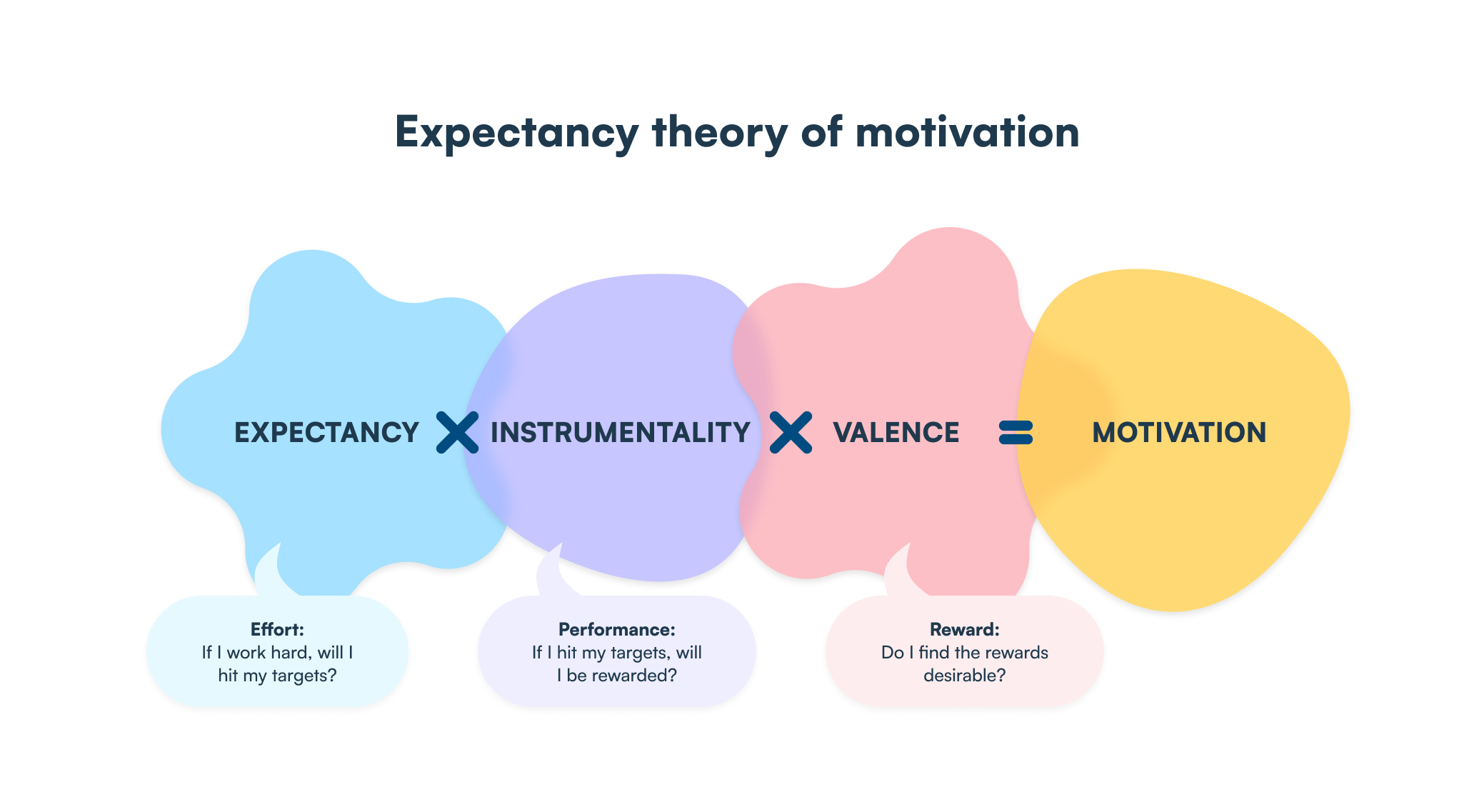Belohnen statt bestrafen: Warum eine positive Lernkultur funktioniert
May 14, 2025
Im Einzelhandel und Gastgewerbe machen die Menschen den Unterschied. Wenn sich Kollegen gesehen und geschätzt fühlen, gehen sie noch einen Schritt weiter, für Kunden und füreinander. Dennoch stützen sich viele traditionelle Anreizprogramme auf finanzielle Auslöser, und diese funktionieren nur kurzfristig.

Sie möchten nachhaltige Motivation und starken Teamgeist schaffen? Bauen Sie eine positive Lernkultur auf, in der Belohnungen zu mehr als nur vorübergehenden Ergebnissen beitragen. Mit Erfahrungen, Anerkennung und persönlichem Wachstum erzielen Sie eine nachhaltige Wirkung. Und genau darauf baut langfristiger Erfolg am Arbeitsplatz auf.
Der Unterschied zwischen Geldboni und Erlebnissen
Traditionelle Anreizprogramme sind oft auf finanzielle Belohnungen angewiesen. Das führt zu kurzlebigen Verbesserungen und senkt sogar die intrinsische Motivation eines Teammitglieds.
Menschen, die ihre Arbeit einmal für sinnvoll hielten, sehen darin möglicherweise hauptsächlich eine Möglichkeit, mehr zu verdienen. Wenn Geld zum Haupttreiber wird, sind die Menschen in der Regel weniger kreativ, weniger loyal und weniger bereit, ohne eine zusätzliche Belohnung die Extrameile zu gehen.
Und finanzielle Anreize konzentrieren sich hauptsächlich auf kurzfristige Ergebnisse. Das bedeutet, dass Qualität und Kundenzufriedenheit schnell in den Hintergrund treten. Da Boni in der Regel individuell sind, untergraben sie den Teamgeist, während Zusammenarbeit sowohl im Einzelhandel als auch im Gastgewerbe unerlässlich ist.
Nichtfinanzielle Belohnungen für Teamleistung, wie Auszeichnungen, Ausflüge oder gemeinsame Erlebnisse, sorgen für nachhaltigere Ergebnisse. Eine gemeinsame Erinnerung schafft eine Verbindung, steigert die Loyalität und hebt die Stimmung im Team.
Denk darüber nach: Was ist dir mehr in Erinnerung geblieben, ein einmaliger Bonus von hundert Euro oder ein toller Teamausflug, über den die Leute monatelang gesprochen haben?
Die Macht nichtfinanzieller Belohnungen
Die Wirksamkeit nichtfinanzieller Belohnungen ist nicht nur ein Gefühl, sie wird von der Wissenschaft gestützt.
Victor Vrooms Erwartungstheorie erklärt, wie und wann sich Menschen motiviert fühlen, sich bei der Arbeit anzustrengen. Das hängt von drei Faktoren ab:
- Erwartung: Der Glaube, dass Anstrengung zu einer guten Leistung führt.
„Wenn ich Kunden heute aktiv helfe, werde ich meine Ziele erreichen.“
- Instrumentalität: Der Glaube, dass gute Leistung zu einer Belohnung führt.
„Wenn ich mein Ziel weiterhin erreiche, wird mein Manager das erkennen und ich bekomme vielleicht die Gelegenheit, einen Kurs zu belegen.“
- Valence: Der Wert, den ein Teammitglied der Belohnung beimisst.
„Ich schätze eine großartige Erfahrung mit dem Team mehr als einen weiteren kleinen Geldbonus.“

Die Erwartungstheorie zeigt, dass nichtfinanzielle Belohnungen starke Motivatoren sein können, solange sie als wertvoll, leistungsabhängig und in Reichweite angesehen werden.
Motivieren Sie Einzelhandels- und Gastgewerbeteams ohne Boni
Im Einzelhandel und Gastgewerbe, wo Teamwork und Kundenerlebnis an erster Stelle stehen, führen finanzielle Faktoren nicht zu langfristigen Ergebnissen. Aber Prämien, die sich auf Anerkennung, Wertschätzung und gemeinsame Erlebnisse konzentrieren, machen wirklich einen Unterschied.
Mit unserem Incentive-Programm, wirst du dauerhafte Motivation aufbauen. Unsere Programme sind darauf ausgelegt, kontinuierliche Verbesserungen zu fördern und jeden Schritt nach vorne als echte Teamleistung zu feiern.
Dies schafft eine Kultur, in der Anstrengungen sofort anerkannt und belohnt werden, nicht nur einmal, sondern kontinuierlich. Das ist die Art von Lernkultur, in der Kollegen wachsen, Teams stärker werden und Kunden zufriedener gehen.
Neugierig, wie unser Incentive-Programm funktioniert?
Buche ein Demo, und wir freuen uns, Ihnen alles darüber zu erzählen.
